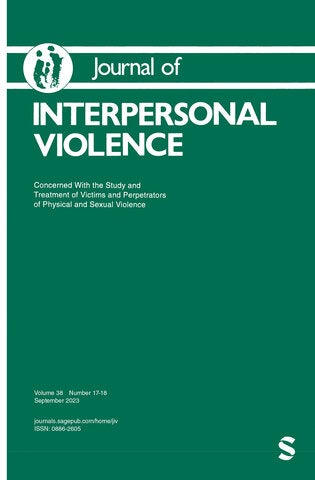Abstract:
A small but growing body of research suggests that adolescents and young adults involved with the child welfare system and those transitioning out of foster care are at heightened risk of experiencing intimate partner violence (IPV). Understanding the factors that place youth at risk of IPV is central to prevention and treatment of this public health problem. However, questions remain about the prevalence and correlates of IPV among youth in foster care. Additionally, emotional abuse, a particular form of IPV in intimate partnerships, remains an understudied area in this population.
This study aimed to address these gaps in research by exploring factors associated with IPV using longitudinal data from a representative sample of older youth in California Foster Care who participated in the California Youth Transitions to Adulthood Study (CalYOUTH). Our IPV outcome measures included victimization, perpetration, bidirectional IPV, and emotional abuse. Findings suggest that approximately one-fifth (20.4%) of CalYOUTH respondents had experienced some form of IPV at age 23, with emotional abuse and bidirectional violence being the most commonly reported types of IPV.
Females reported emotional abuse, as well as bidirectional violence, at nearly double the rates of their male counterparts. Self-identified sexual minority youth (SMY; lesbian, gay, bisexual, transgender, queer, or questioning) were more likely to report IPV victimization, IPV perpetration, and bidirectional violence than their non-SMY peers.
Youth with histories of emotional abuse, caregiver IPV victimization, sexual abuse in foster care, placement instability, substance use, anxiety, and incarceration were also at heightened risk of IPV involvement. Emotional abuse was most prevalent with SMY. The findings contribute to the growing research on IPV among transition-age foster youth with important implications for future research, practice, and policy.

